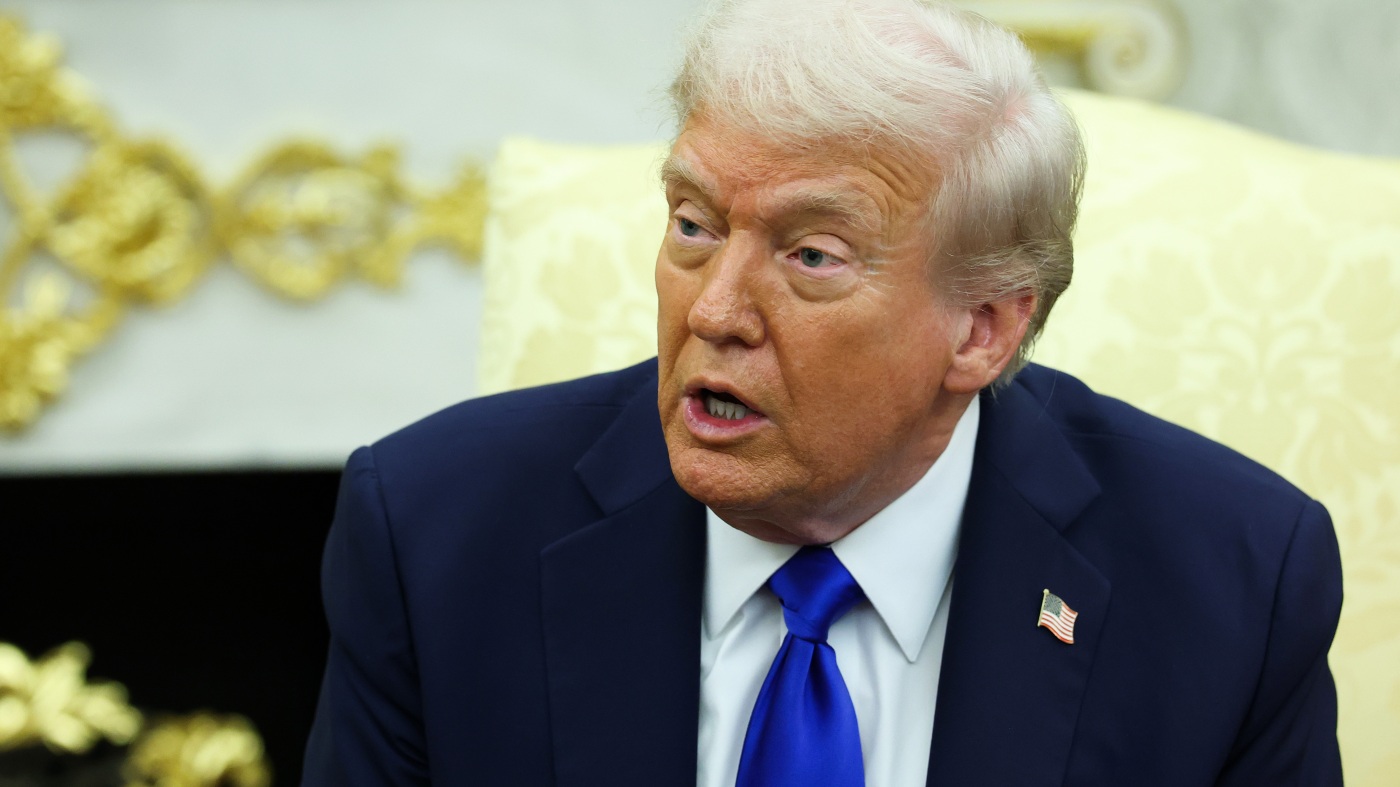
The ongoing government shutdown has thrust the Affordable Care Act (ACA) tax credits into the political spotlight, revealing a deeply troubling reality: while the stakes for the health and well-being of millions hang in the balance, our lawmakers are more consumed by partisan posturing than by the urgent needs of the people they serve. Democrats insist that extending these crucial tax credits is not just a political maneuver but a pressing necessity, as enrollment for the ACA is set to begin on November 1. Republicans, however, dismiss the urgency, claiming there’s plenty of time to address the issue despite the very real consequences that their inaction could impose on millions of Americans.
The reality is stark: approximately 24 million people depend on these ACA marketplaces for their health insurance. The federal government’s role in subsidizing their premiums is a lifeline for those who otherwise might find themselves priced out of healthcare altogether. Yet, in Washington, D.C., this life-or-death matter has become mere fodder for political gamesmanship.
Public sentiment is overwhelmingly in favor of extending these subsidies. A recent poll showed that over 75% of Americans, regardless of political affiliation, support the continuation of enhanced ACA tax credits. This is not just a statistic; it represents a collective demand for accountability from our elected officials. The common understanding that healthcare is a right — not a privilege — must prevail in the corridors of power. The people have spoken, and yet their voices are being drowned out by a cacophony of political rhetoric.
As the clock ticks down to open enrollment, the urgency of extending these subsidies becomes even more pronounced. North Dakota’s insurance commissioner, Jon Godfread, a Republican, has called on lawmakers to act swiftly. His plea reflects a rare bipartisan acknowledgment of the critical nature of this issue: health insurance should be accessible to all, irrespective of party lines. If Congress fails to act before the enrollment period begins, many consumers will log on to find shockingly high premiums, likely deterring them from seeking coverage altogether.
Current predictions indicate that, should these enhanced tax credits expire, many enrollees could see their premiums skyrocket by an average of 114%. This is not merely a financial statistic; it translates into a staggering number of Americans facing the grim possibility of being uninsured. The Congressional Budget Office estimates that up to 4 million individuals could lose their health coverage in the wake of such a decision. In a country that prides itself on the values of equality and justice, how can we, in good conscience, allow millions to fall through the cracks of our healthcare system?
Moreover, it’s essential to understand who will suffer the most from the expiration of these subsidies. The demographics of ACA enrollees reveal that a significant majority resides in states that voted for Trump in 2024. These are hardworking individuals — small business owners, gig economy workers, and those in industries that lack insurance coverage — who are already grappling with economic instability. To deny them access to affordable healthcare is to perpetuate systemic inequities that disproportionately affect marginalized communities.
Let’s also not overlook the financial implications for the government. While extending these subsidies could cost an estimated $350 billion over the next decade, the alternative is far graver: a destabilized healthcare marketplace that will ultimately cost taxpayers more in uncompensated care for the uninsured. Conservative opponents argue that the enhanced subsidies were intended to be temporary and that extending them will exacerbate the rising costs of healthcare. However, this perspective fails to recognize the immediate impact of denying coverage to millions. It’s time for lawmakers to prioritize human rights over political ideologies.
Even within Republican circles, there are voices advocating for the extension of these credits, recognizing the urgency of the moment. Figures like Rep. Marjorie Taylor Greene and Sen. Josh Hawley have expressed their support for finding solutions that prevent dramatic rate hikes. This tells us that the conversation surrounding healthcare costs is not exclusive to one party; it’s a national concern that demands collective action.
The debate surrounding healthcare affordability must not be reduced to mere rhetoric. It is a matter of justice and equity, transcending political affiliations. Elected officials have a moral obligation to prioritize the health and welfare of their constituents, especially in times of crisis. As the government shutdown continues, the message is clear: the time to act is now. The people deserve access to healthcare that is not only affordable but also equitable. The political games must cease, and genuine solutions must emerge to safeguard the health of all Americans. It’s time for our leaders to step up and deliver on the promise of healthcare for everyone.
This article highlights the importance of Subsidies in Crisis.


